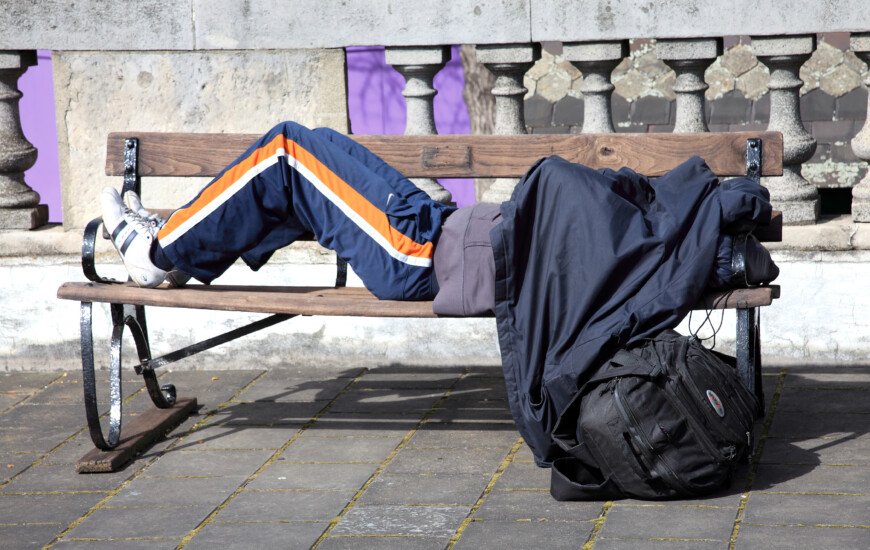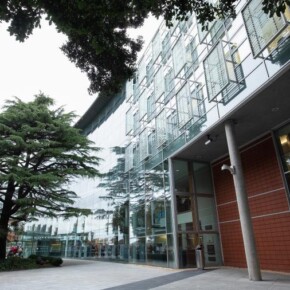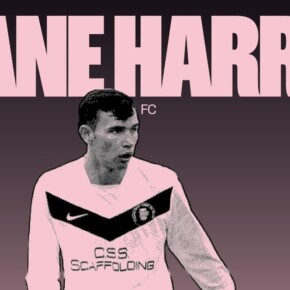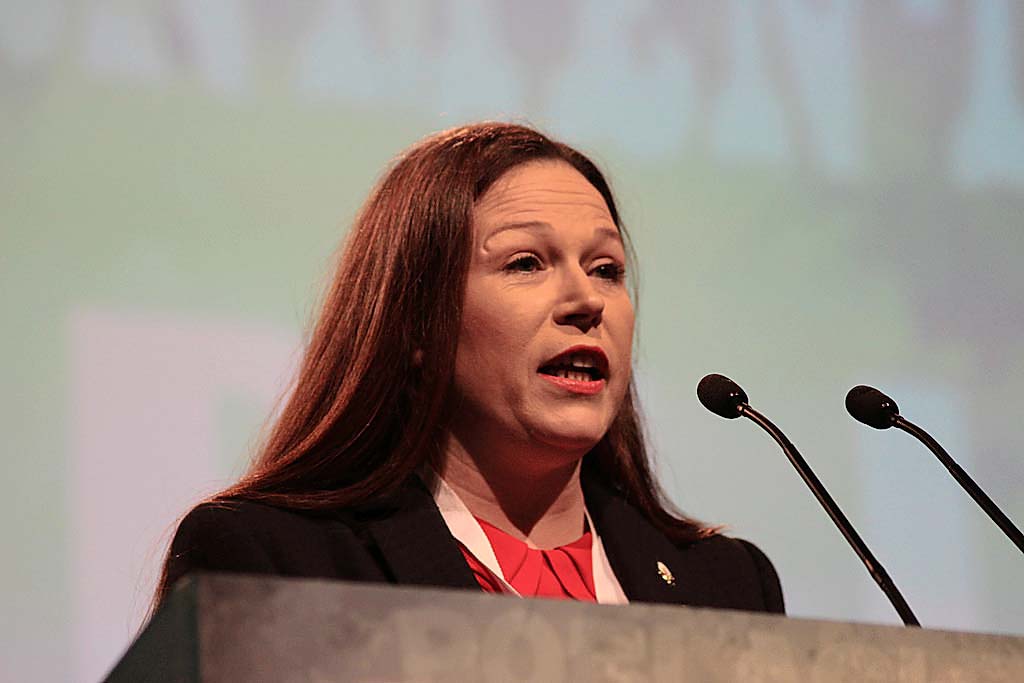Rough sleeping in Dublin drops 5% but long-term crisis remains, warns Dublin Simon
Padraig Conlon 14 May 2025
The number of people sleeping rough on Dublin’s streets has fallen slightly since last year, but homelessness remains a deepening crisis with no long-term solution in sight, Dublin Simon Community has warned.
According to the latest Official Spring Count, carried out between March 31 and April 6, a total of 121 people were confirmed as rough sleeping across the four Dublin local authorities.
That figure marks a 5% decrease compared to Spring 2024, when 128 individuals were recorded.
The count was organised by the Dublin Region Homeless Executive (DRHE) and carried out by Dublin Simon Community’s Outreach Team, with additional support from local authority staff and Gardaí.
Extra outreach workers were deployed to ensure thorough coverage of central city areas, and further reports from those working in more isolated areas helped complete the count.
Of the 121 individuals found sleeping rough, 99 (82%) had existing records in the Pathway Accommodation and Support System (PASS) or were assessed during the week.
Most were Irish men aged 26–45, and 94% were connected to one of the four Dublin local authorities.
The data also highlighted ongoing and repeated exposure to rough sleeping. Nearly one in four (23%) of those found during this year’s spring count had also been recorded in Winter 2024, indicating how many are becoming entrenched in homelessness.
Another significant finding was the number of couples without shelter. Fourteen couples — a total of 28 people — were recorded as rough sleeping, with 23 of them registered on PASS. Dublin Simon says this underlines the urgent need for more accommodation options for couples, who are often left with limited access to emergency beds.
In addition, the data paints a complex picture of how people interact with emergency services:
-
26% accessed emergency accommodation at some stage during the count week.
-
22% had emergency beds booked but didn’t use them (no-shows).
-
Over the three months prior, 66% had an emergency booking, with 19% not showing up.
Advertisement
The figures are a reflection of how hard it is for many to transition off the streets, even when beds are available — a fact compounded by mental health issues, addiction, or fear of institutional settings.
While any drop in the number of people sleeping rough is welcome, Emma McMillen, Director of Homeless and Community Services at Dublin Simon Community, stressed that the decrease “does not reflect a reduction in homelessness overall.”
“These figures certainly reflect the relentless efforts of outreach teams and the scaling up of emergency beds in recent years,” she said. “But these are short-term measures. Without access to secure, affordable housing and effective health and therapeutic support, people remain trapped in a cycle of homelessness.”
Dublin Simon says the Spring Count only scratches the surface of the problem. Their Outreach team works year-round, 365 days a year, engaging directly with people living on the streets and supporting them to access services. However, they warn that relying on emergency accommodation alone is unsustainable.
Over the past four years, Dublin Simon Community has expanded its emergency capacity by 35%, but McMillen warns that this is “not a long-term solution.”
“The reality is that emergency accommodation is operating at capacity, and more people are becoming stuck in the system with no exit route due to the housing crisis,” she said.
“Sleeping out on the street comes with serious health and safety risks, and every person doing so represents an urgent humanitarian concern. No one should be left without shelter in a crisis like this.”
The organisation is calling for a coordinated government response, with investment in prevention, faster construction of social and affordable housing, and tailored healthcare for those affected by homelessness.
McMillen also encouraged the public to act if they see someone in need of help.
“Our Outreach team is out on the streets of Dublin city and county every day from early morning until after midnight. You can contact them directly through the Dublin Rough Sleeper app.”
The count did not include those in International Protection Accommodation Service (IPAS), who fall under the remit of the Department of Children, Equality, Disability, Integration and Youth.
With emergency shelters stretched to the limit and housing supply falling far short of demand, Dublin Simon’s message is clear: short-term fixes are no substitute for long-term solutions.











